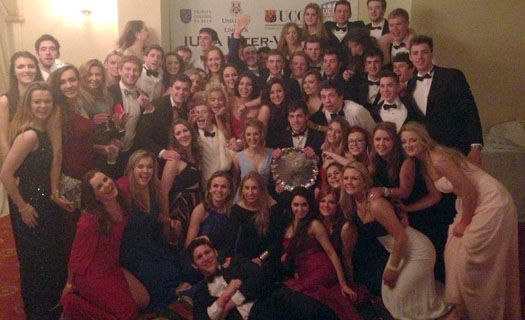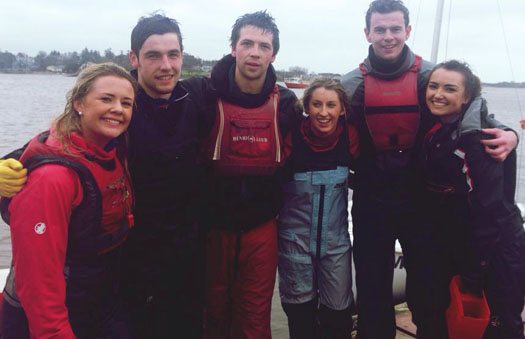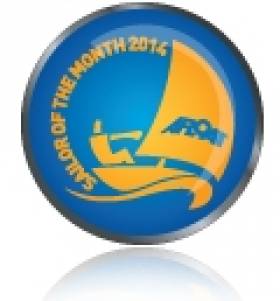Displaying items by tag: Courtown SC
Simon Doran is Sailor of the Month for March
#sailorofthemonth – Simon Doran of Courtown SC sailed his fourth intervarsities for UCD in Wexford five weekends ago, and played a key role in bringing the Dublin College in as Irish Champions for 2014. The name Doran will not disappear from the UCDSC listings, however, as his younger brother Philip was also a member of the winning team, and he will be taking over the baton of carrying the family name in intervarsity sailing in the years ahead. The next contest will be the historic Sailing Colours Match between UCD and TCD on the Liffey from the MV Cill Airne in the heart of Dublin on Saturday April 12th with the first race at 10.0am.
While we particularly honour Simon Doran for his continuing high-achieving input into student sailing, it should be acknowledged that this year's Irish Open Nationals was successfully sailed despite a period of meteorological mayhem, so it was a true team effort at all levels afloat and ashore. And thanks to sound decisions by race officers Aidan MacLaverty and Dave White, as well as the hospitality and versatile sailing water provided by Wexford Harbour Boat Club above the bridge on the Slaney Estuary, a full programme was put through for the hard-worked and well-reefed Fireflies, which continue to give sterling service as the boat of choice for team racing.
The full team which took the title for UCD were Simon Doran & Jan Dolan, Philip Doran & Bella Morehead, and Conor Murphy & Eimear McIvor. And while of course this monthly award is for the sailing achievement, we'd also like to praise all Ireland's college sailors for their spirited turnout in full black tie mode for their annual dinner in mid championship.

The Irish Varsities ball was held in Wexford as part of the IUSA Championships

The winning UCD team celebrate their Varsity title
It had a wonderfully cheering effect on the entire sailing community at a time when most of us were more concerned by wondering if our boats would be blown over in the boatyard, or if the roof would come off the house, or if not, then would the house be flooded out?






























































